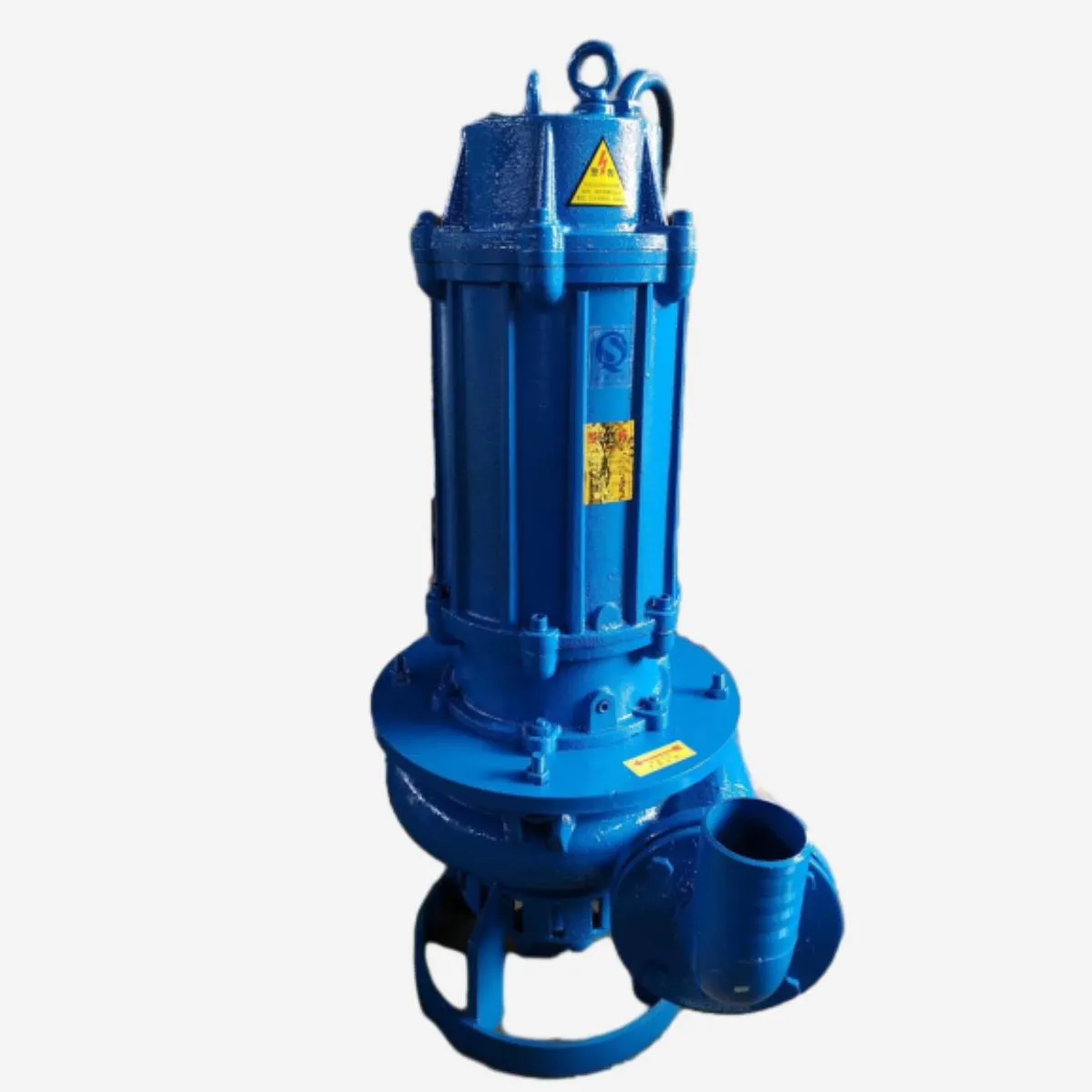English
- Afrikaans
- Albanian
- Amharic
- Arabic
- Armenian
- Azerbaijani
- Basque
- Belarusian
- Bengali
- Bosnian
- Bulgarian
- Catalan
- Cebuano
- Corsican
- Croatian
- Czech
- Danish
- Dutch
- English
- Esperanto
- Estonian
- Finnish
- French
- Frisian
- Galician
- Georgian
- German
- Greek
- Gujarati
- Haitian Creole
- hausa
- hawaiian
- Hebrew
- Hindi
- Miao
- Hungarian
- Icelandic
- igbo
- Indonesian
- irish
- Italian
- Japanese
- Javanese
- Kannada
- kazakh
- Khmer
- Rwandese
- Korean
- Kurdish
- Kyrgyz
- Lao
- Latin
- Latvian
- Lithuanian
- Luxembourgish
- Macedonian
- Malgashi
- Malay
- Malayalam
- Maltese
- Maori
- Marathi
- Mongolian
- Myanmar
- Nepali
- Norwegian
- Norwegian
- Occitan
- Pashto
- Persian
- Polish
- Portuguese
- Punjabi
- Romanian
- Russian
- Samoan
- Scottish Gaelic
- Serbian
- Sesotho
- Shona
- Sindhi
- Sinhala
- Slovak
- Slovenian
- Somali
- Spanish
- Sundanese
- Swahili
- Swedish
- Tagalog
- Tajik
- Tamil
- Tatar
- Telugu
- Thai
- Turkish
- Turkmen
- Ukrainian
- Urdu
- Uighur
- Uzbek
- Vietnamese
- Welsh
- Bantu
- Yiddish
- Yoruba
- Zulu
Telephone: +86 13120555503
Email: frank@cypump.com
Nov . 17, 2024 22:21 Back to list
Efficient Solutions for Handling Manure and Slurry Transportation Pumps
Understanding Manure Slurry Pumps Key Features and Applications
Manure slurry pumps are specialized equipment designed to efficiently transport liquid waste products, primarily from livestock farming. These pumps play a crucial role in the management of manure and digestate, ensuring that the waste is handled in an environmentally responsible manner while supporting effective farm operations. With the increasing focus on sustainable agricultural practices, the importance of manure slurry pumps continues to grow.
One of the primary functions of a manure slurry pump is to move thick, viscous materials that may contain solids, grit, or larger particulates. Consequently, these pumps are engineered with robust materials and components that can withstand the harsh nature of manure. Typical construction materials include stainless steel or hardened cast iron, which provide durability and resistance to corrosion. The impeller design is also critical, as it must facilitate the movement of both liquid and solid components without clogging or losing efficiency.
There are several types of manure slurry pumps available on the market, each suited for specific applications
. Centrifugal pumps are the most common choice due to their efficiency in moving liquid manure across various distances. These pumps operate by converting rotational kinetic energy into hydrodynamic energy, creating flow within the pump. On the other hand, positive displacement pumps are ideal for applications where higher pressure is needed, such as transferring materials over long distances or to elevated storage systems.Manure slurry pumps can be utilized for various purposes beyond mere transportation. They play a significant role in the emptying of storage lagoons and tanks, facilitating the application of manure as fertilizer to fields. This not only helps in recycling nutrients back into the soil but also minimizes the environmental impact of waste disposal practices. Furthermore, these pumps are often equipped with agitators to mix and keep solids suspended in the slurry, ensuring a consistent and homogenous mixture. This is particularly important for maximizing nutrient distribution during land application.
manure slurry pump

In addition to their functionality, efficiency is a significant concern when selecting a manure slurry pump. Modern models are designed to minimize energy consumption and reduce greenhouse gas emissions, aligning with sustainable farming practices. Many pumps are equipped with advanced features such as variable speed drives, which allow for adjustments based on flow requirements, leading to optimized performance and reduced wear on the equipment.
Maintenance is another critical aspect of operating a manure slurry pump. Regular inspection and servicing are necessary to ensure that the pump functions correctly and lasts for an extended period. Farmers should be aware of potential wear parts and be prepared to replace items such as seals, bearings, and impellers to maintain pump efficiency.
As agriculture continues to evolve, the role of manure slurry pumps will remain integral to efficient waste management. With advancements in technology, these pumps are becoming more reliable, energy-efficient, and user-friendly. By incorporating modern pump solutions, farmers can not only improve their operational efficiency but also contribute to more sustainable farming practices, ultimately benefiting both the environment and agricultural productivity.
In conclusion, manure slurry pumps are vital tools for the livestock industry, ensuring effective waste management while promoting sustainable agricultural practices. Their diverse applications and continued technological advancements highlight the essential role they play in modern farming.
-
ISG Series Vertical Pipeline Pump - Chi Yuan Pumps Co., LTD.|High Efficiency, Energy Saving, Low Noise
NewsJul.30,2025
-
ISG Series Vertical Pipeline Pump- Chi Yuan Pumps|High Efficiency&Low Noise
NewsJul.30,2025
-
ISG Series Vertical Pipeline Pump-Chi Yuan Pumps Co., LTD.|High Efficiency&Energy Conservation
NewsJul.30,2025
-
ISG Series Vertical Pipeline Pump - Chi Yuan Pumps Co., LTD.|Advanced Hydraulic Design&Energy-Efficient Solutions
NewsJul.30,2025
-
ISG Series Vertical Pipeline Pump - Chi Yuan Pumps Co., LTD.
NewsJul.30,2025
-
ISG Series Vertical Pipeline Pump - Chi Yuan Pumps Co., LTD.|energy-efficient fluid handling&industrial durability
NewsJul.30,2025










